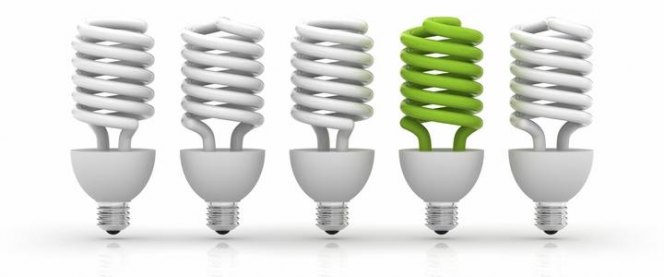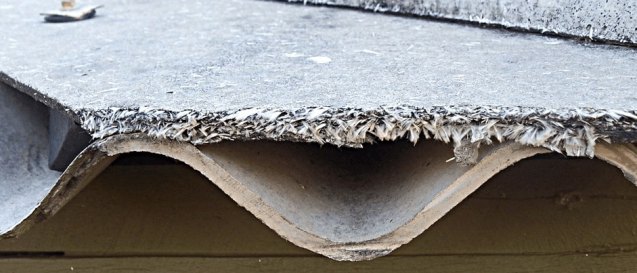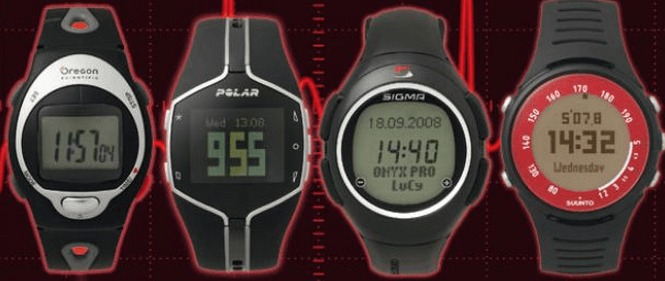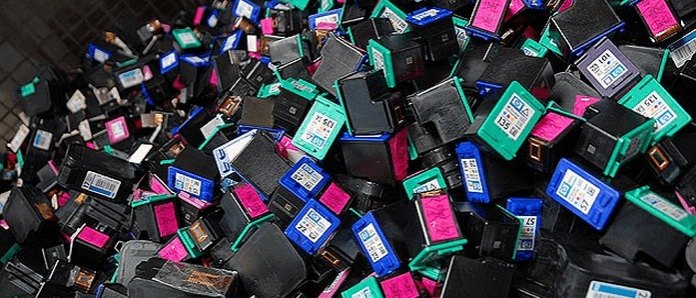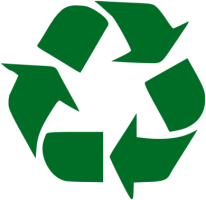
Today, 15.5 times more materials are being recycled than in 1960, according to the EPA (U.S. Environmental Protection Agency). That beta also indicates that 86.6 million tons of materials were recycled in 2012—meaning green efforts have increased by 28.1 percent. The growth is applaudable—yet, at the same time, the overall amount of waste has leaped from 88 million tons to 251 million tons.
Educating communities about recycling is evermore pressing in the U.S. and worldwide. One hurdle is when people simply aren’t aware of particular household items that are recyclable. Here are a handful of things you can recycle that you may not even know about.
1. Compact fluorescent light bulbs
CFLs and other fluorescent bulbs are made with glass and metal that is all reusable—but the bulbs also contain mercury, so it’s extra crucial to recycle them to prevent environmental impact. Some states or local communities even require them to be recycled. Visit Search.earth911.com to find collectors in your area and ask what requirements exist.
2. Mobile phones
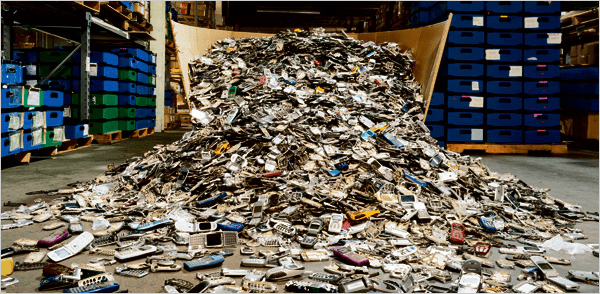
3. Asbestos
A now-known carcinogen, asbestos fibers—previously used as building insulation material—have historically been tossed into landfill sites. Today, modern advancements in technology enable a safe way to recycle those materials. Under extreme temperatures, asbestos is put through thermal decomposition, transforming it into non-toxic silicate glass. To find a nearby asbestos recycling facility, check with your local HHW collection program or search online for asbestos inspectors.
4. Pedometers and heart monitors
Pedometers and heart monitors are an awesome tool for tracking health and are often sold with athletic watches in a bundle. The next time you upgrade your watch, drop your old pedometer or heart monitor off at a Best Buy to be recycled.
5. Ink cartridges
Recycling empty toner and ink cartridges helps to save various resources including aluminum, plastic, and oil. Depending on the cartridge, some can be repaired, refilled, and reused. Purchasing recycled cartridges typically costs less, too, which is because it costs manufacturers less to recycle and reuse those materials—not because the product has lower quality. Staples and Office Depot offer recycling drop-offs, and companies such as HP provide a postage-paid mail-in service as well as drop-off locations with retail partners.
[photo via] [photo via] [photo via] [photo via] [photo via]


